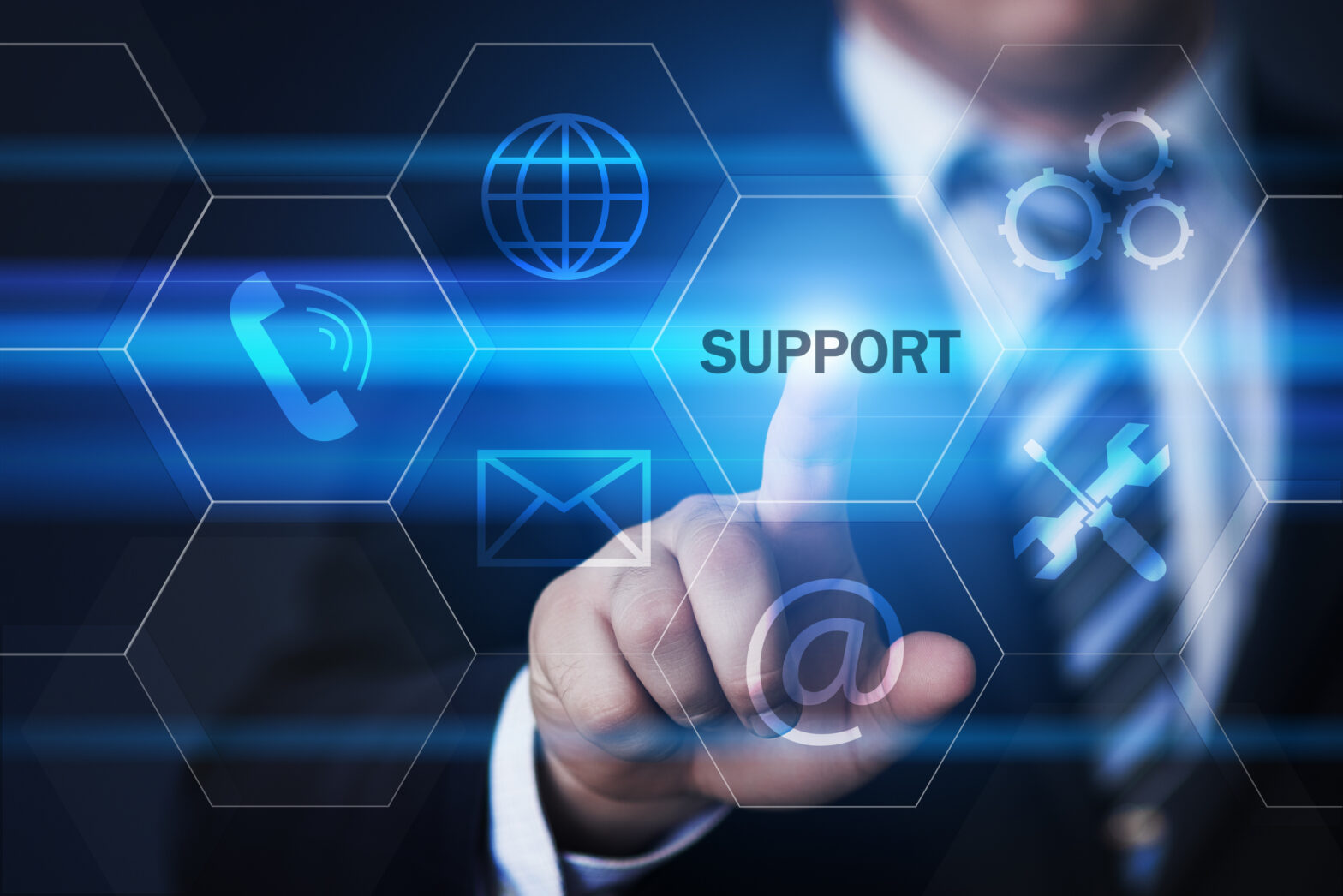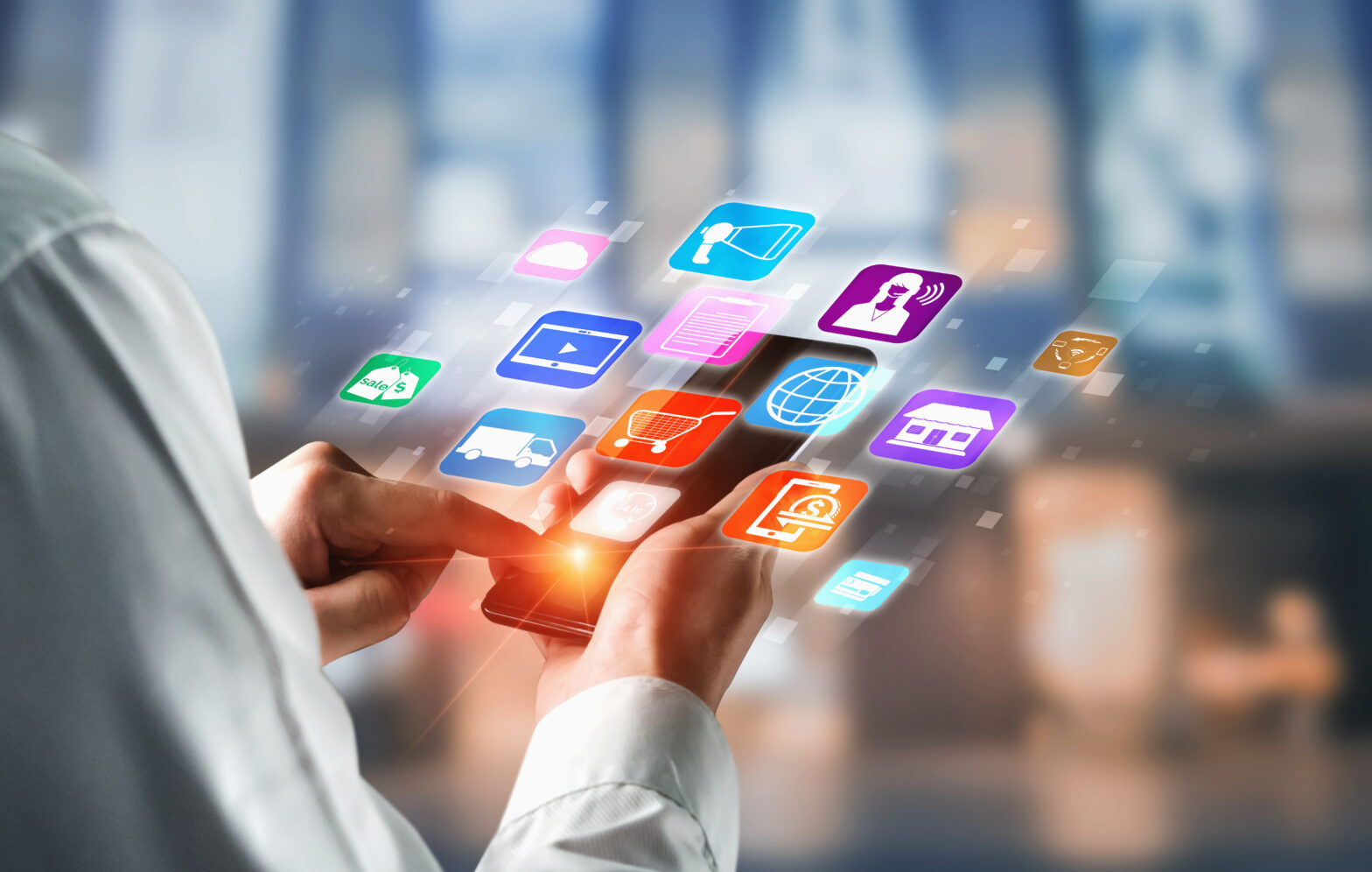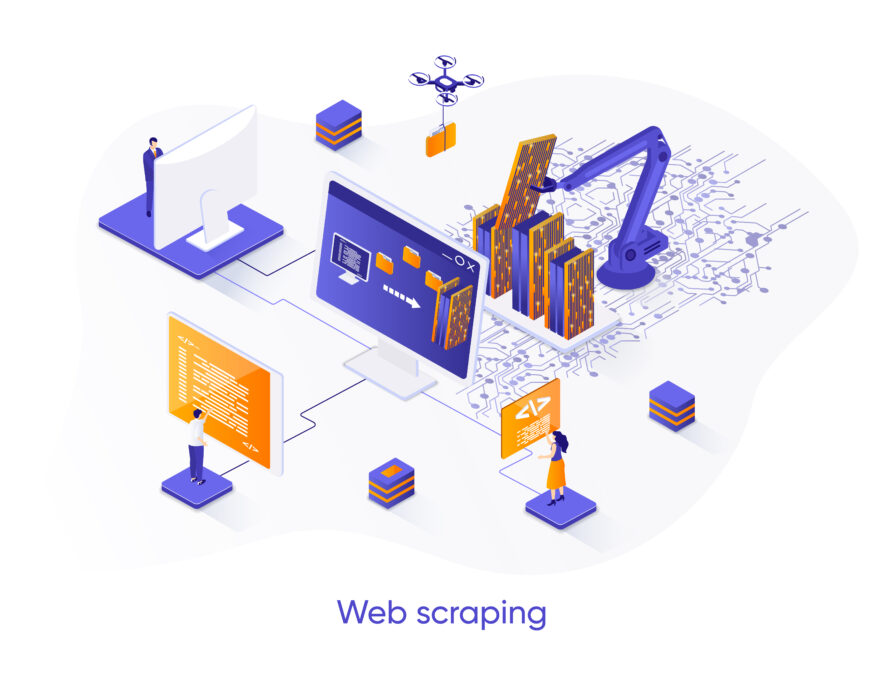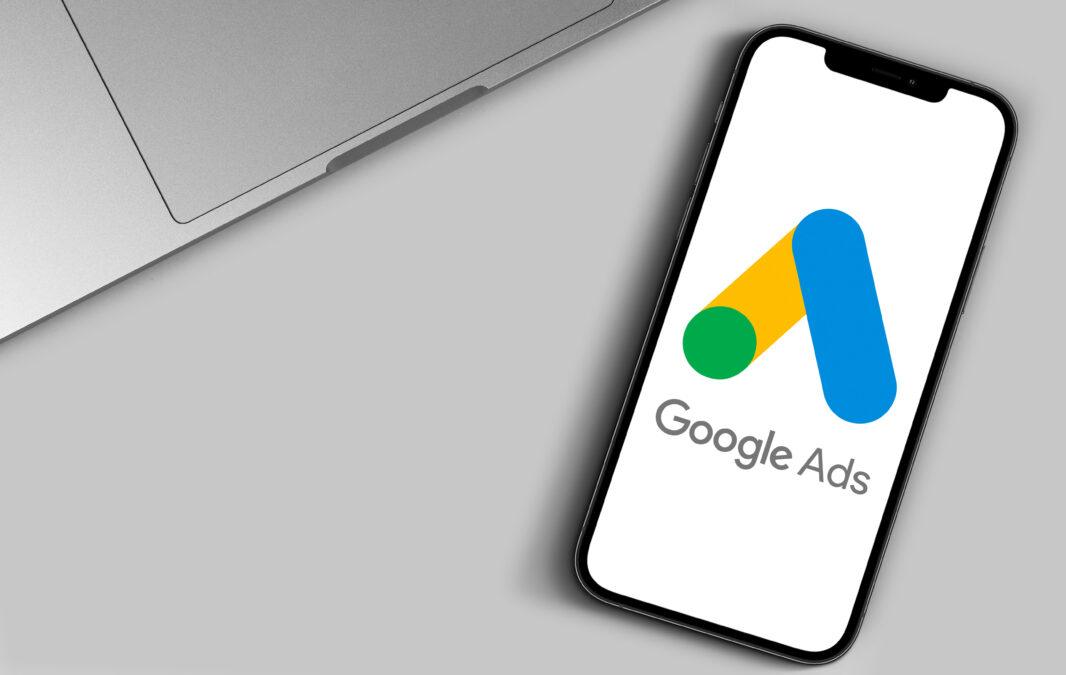Any good business obsesses over the loyalty of their customers. After all, they are the lifeblood of the company and necessary for survival. But, in the era of rapid information, businesses aren’t the only ones reaching out to their customers.
Competitors are sending emails and making phone calls trying to pry away anything they can. Especially in B2B (business-to-business) the art of “customer poaching” has become common and highly sophisticated.
With this said, more businesses are beginning to focus on customer retention by sustaining customer loyalty. In the past, loyalty was obtained by sending gifts, but now customers are demanding more.
>See also: Why B2B developers should take a B2C approach
They want less fruit baskets and more proof that your business understands their needs. One key way businesses are meeting the needs of customers is through technology, in particular customer support software.
Here are just a few ways software sustains B2B customer loyalty and how it can be used to keep the customer relationship strong.
It makes your company easier to contact
The major players in the B2B support software space make it simple for a company to enable conversations across multiple channels. While phone and email are obviously traditional support methods, customers continue to demand omnichannel support options Software is now more than just a simple ticketing system and facilitates new ways of communicating with your customer.
Some B2B support software solutions offer several methods like customer chat, screen and video sharing, support portals, and even more. Offering so many channels for conversations means customers can contact you when and how they want to instead of being forced into a single method.
>See also: How to implement personalisation into B2B support services
This feeling of choice is important for maintaining customer loyalty. Providing an array of channels increases the odds a customer will reach out instead of just remaining silent and despondent.
Information stored in software reduces customer effort
Another way to facilitate communication is by showing your customer that you know a lot about their business and are happy to be a resource to share this information. Everyone has reached out to support before only to wait on hold and be informed that they don’t have the right information and to call back later. When people do call back, they then need to go through the entire support process again. Don’t be this company; it’s a poor customer experience and a textbook way to decrease customer loyalty.
Instead, reassure customers on how well the business knows them, and that they can reach out at any time without needing to jump through hoops. Once customers know a business has the information about their business within the software, they feel less of a burden when they need to contact you. Like the first point, this also helps in sustaining customer loyalty by creating more customer conversations.
Use software to enable smarter conversations
B2B companies now strive to create a memorable experience with customers by treating all conversations with a level of cohesion. Think about interactions with a peer group – someone doesn’t like having to tell someone the same thing over and over again, so why should this be tolerated when working with another company?
This is where software can really help, in particular by breaking down silos between channels to make conversations between a customer and a company more intelligent.
>See also: What makes a good user interface?
For example, if a customer calls in about an issue the day after having a chat conversation, the agent who takes the call can view all of the information shared over chat to better assist the customer.
Having the chat record easily accessible saves both the customer and your agent time because there’s no need to re-ask questions that were already covered yesterday. Keeping conversations continuous is proof you are listening to customers and shouldn’t be ignored when looking to keep customers loyal.
It empowers agents to make better decisions
The reader might have picked up on this in the last point, but breaking down silos helps not only to sustain customer loyalty, but also to enable agents so they make better decisions.
The lack of silos lets departments share information more freely with each other and improve communication. This freedom leads to better judgement and decisions from agents because they simply know more about customers.
>See also: What is software?
Having access to notes from the Sales or Finance team about a customer can prevent them from suggesting a solution to an issue (i.e. telling a client to upgrade their plan when they just downgraded to cut costs) that isn’t applicable to the situation. Avoiding these problematic scenarios as much as possible in support is ideal for showing customers you understand their business and their unique needs.
To conclude, software sustains B2B customer loyalty by making your company easier to contact via multiple channels. It increases your accessibility while reducing the amount of work a customer is required to do before they contact a business.
Software also enables agents to have smarter conversations and provide better solutions, making it no surprise that more companies are utilising customer support software for their business than ever before.
Sourced by Robert C. Johnson, CEO of TeamSupport
The UK’s largest conference for tech leadership, Tech Leaders Summit, returns on 14 September with 40+ top execs signed up to speak about the challenges and opportunities surrounding the most disruptive innovations facing the enterprise today. Secure your place at this prestigious summit by registering here







